Australia wasn’t alone in underestimating the threat of coronavirus and COVID-19. In our defence, the country was distracted by the Black Summer bushfires, which blazed from September 2019 to March 2020. But by mid-March, with the fires extinguished, our focus shifted to the pandemic and its possible impact.
Coincidentally, in mid-March, I flew to Darwin to watch my nephew play in the Tiwi Islands Aussie Rules Football grand final. It was a spur of the moment (pre-COVID lockdown) decision. I’m an Aussie Rules fan, and my nephew was playing in back-to-back finals for the 2019 premiers, the Ranku Eagles.
In 2019, I had followed the game via quarter-time posts on Facebook. This year, I was proud and excited at the prospect of cheering for my nephew’s team at the ground! And I arrived in the Top End capital on the Friday before the final and had an overnight stay at an airport hotel before the short flight to the Tiwi Islands on Saturday.
Coronavirus and Indigenous Communities
During Friday, COVID-19 featured more and more on the news and in my social media feeds, with grim predictions about its spread. Of particular local concern was the catastrophic effect coronavirus could have on Indigenous communities, who already suffer high rates of health issues.
So, on Saturday, it wasn’t a surprise to wake to the news that the Tiwi Islands had banned tourists due to fears over COVID-19. I had travelled 3000 kilometres from Sydney to Darwin. But I couldn’t fly the extra 100 kilometres to attend the footy final.
Of course, I was disappointed, but I was determined to be philosophical about it. And I still watched the Ranku Eagles (and my nephew!) win the grand final via live-stream on my laptop in my hotel room.
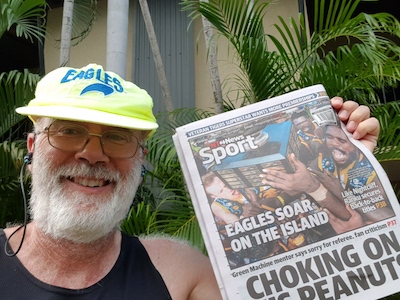
And, with unplanned time on my hands, I did a little sightseeing in Darwin and further afield. And, with none of the interruptions of home life, I did a lot of writing on the hotel balcony.
It was hot and humid outside and felt like working in a steam room until afternoon thunderstorms broke and cooled things down. But I preferred sweating over my laptop on the balcony, Hemingway-esque, to writing in my air-conditioned hotel room.
It proved productive, too, and I wrote a blog post, Syria: We Can’t Say We Didn’t Know, based on a book by former ABC Middle East Correspondent Sophie McNeill and my 1995 travels in the country.
COVID Lockdown Writing
After the weekend in Darwin, events moved swiftly with COVID-19 restrictions in Australia. Lockdowns came into force, and businesses shut down. International and state and territory borders were closed. Self-isolation and social distancing became part of our everyday vernacular and life. Those who still had jobs worked from home, and kids started homeschooling. Like elsewhere in the world, the end of March in Australia looked and felt nothing like the start of March.
As a writer, I’m used to self-isolation, social distancing and working from home. But I still felt a degree of anxiety and depression during the early days of the lockdown. There were no more get-togethers with family or friends. My favourite sport, AFL, postponed the 2020 footy season indefinitely, and other weekend activities, like my dog club, were cancelled.
To beat the blues, I did what I’d done in Darwin and threw myself into writing. The first full weekend of lockdown in Sydney fell on the first weekend of April. And on the first weekend of every month, the Australian Writers’ Centre runs a #FuriousFiction short story writing competition. So in a weekend of “firsts”, I wrote and submitted my first #FuriousFiction story, A Song on the Radio (on Tall And True).
In April, I also wrote a blog post, Reworking Both Sides on the backstory behind my recently published collection of short stories, Both Sides of the Story (on Amazon). And in April and into May, I updated the look and feel of the Tall And True website and blogged about the milestone in Tall And True – A New Chapter.
On the first weekend of May, I wrote a blog post about writing for the April #FuriousFiction. And I submitted a second short story, Five Meet on Zoom (on Tall And True). As I said in the post:
When I clicked the big red SUBMIT button with one hour left on the deadline clock, my mind felt ready to explode from all the creative energy flowing through it.
Writing during this period left no space in my mind to think (or stress!) about COVID-19 and lockdown.
Thankful for my Writing
It’s six months since my spur-of-the-moment trip to Darwin to watch my nephew play football. Australia’s borders remain closed, and COVID-19 remains an ever-present threat. In early August, our second-most populous state, Victoria, declared a state of disaster after a second wave of the virus forced stricter lockdowns and a curfew.
On the first weekend of August 2020, I submitted my fifth entry to the Writers’ Centre’s #FuriousFiction, Splendid Views (on Tall And True). Since May, I’ve set my short stories in a coronavirus affected world. This time, for a (hoped for!) change, I made the setting post-COVID.
I haven’t learned another language or to bake bread or make face masks during the COVID lockdown. But writing — short stories, blog posts, and articles — has helped me cope. And when I hear of people struggling with social isolation, I’m thankful for my writing.
Though like everyone else, I’ll be happy to see the back of this wretched virus, too!
© 2020 Robert Fairhead
N.B. I wrote this piece for A Starry Night Productions’ COVID-19 International Story Project. And I shared it on the Tall And True writers’ website.

About RobertFairhead.com
Welcome to the blog posts and selected writing of Robert Fairhead. A writer and editor at the Tall And True writers' website, Robert also writes and narrates episodes for the Tall And True Short Reads podcast. In addition, his book reviews and other writing have appeared in print and online media, and he's published several collections of short stories. Please see Robert's profile for further details.
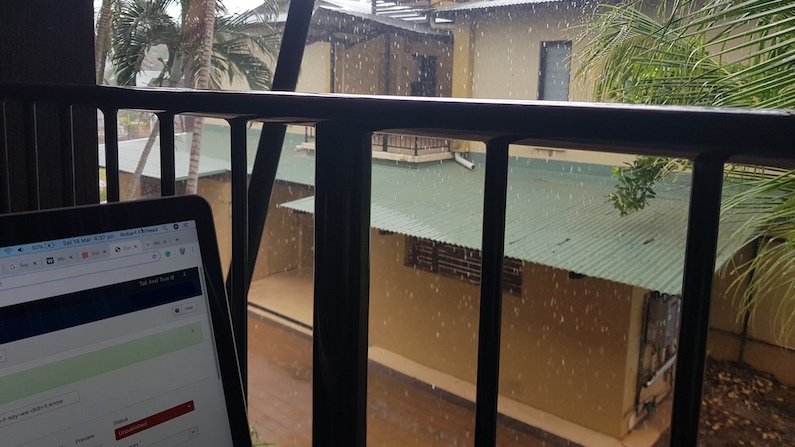
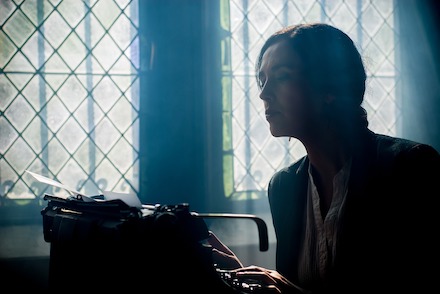


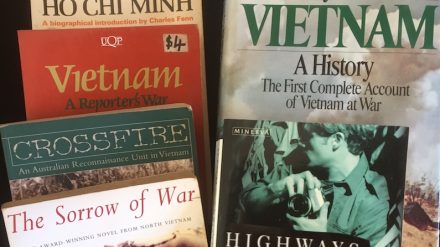
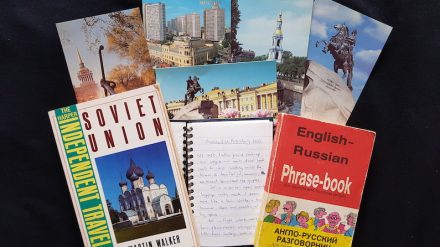
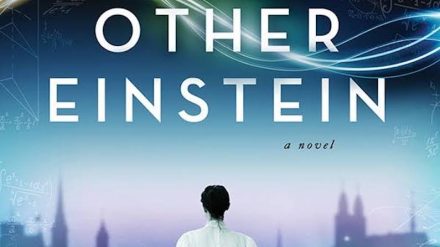

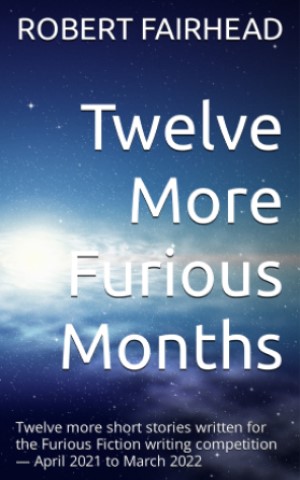
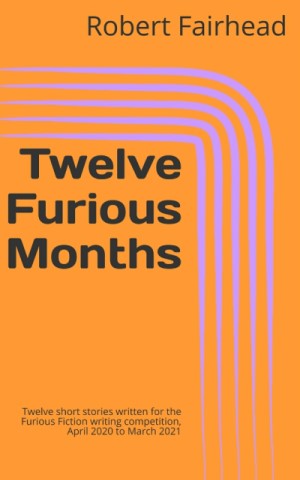
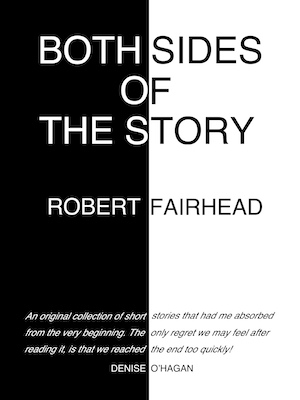
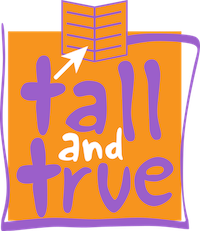
0 Comments